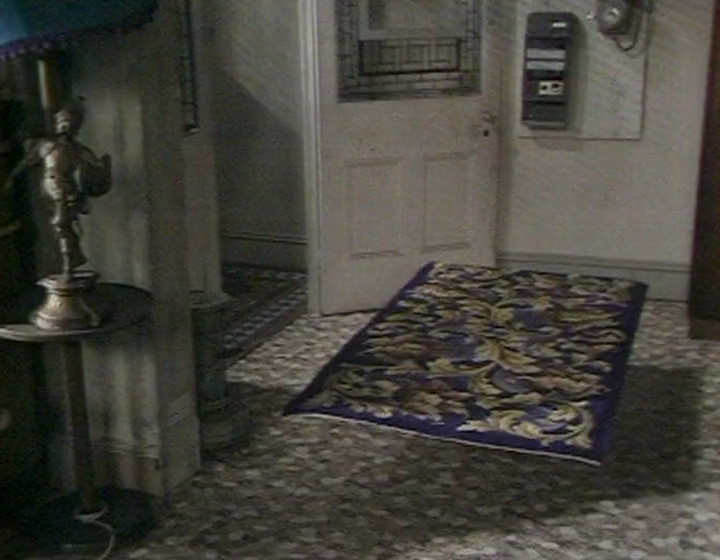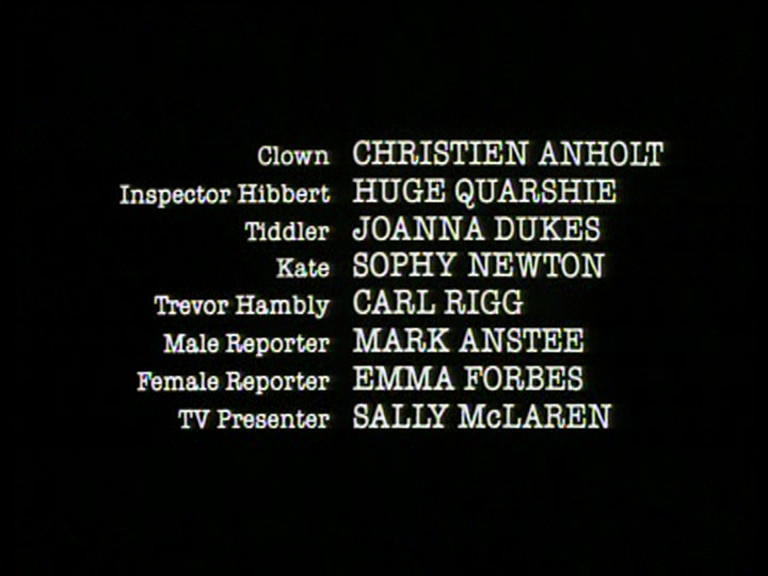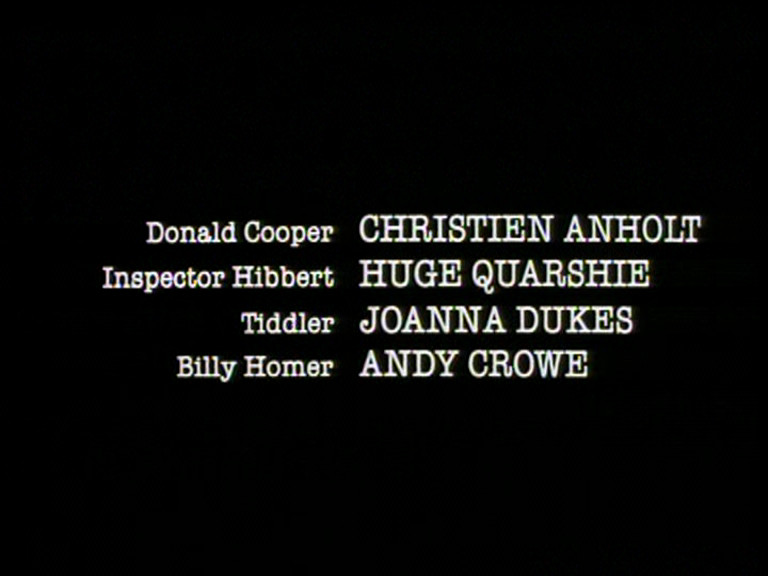I can’t remember how old I was. I was at secondary school, I know that. But I mainly just remember the dead badger.
It’s lying at the side of the road. Absolutely still. No blood, or at least not that I could see, although I didn’t investigate it too closely. I might be a teenage boy, but I’m not that kind of teenage boy. Death is safer in books.
But it sticks in my mind. When I get back home, I tell my family what I saw. And it’s that lack of blood which captured my imagination. That badger looked normal, just deathly still. It could almost have been alive… except, it wasn’t.
* * *
Hacker News comments, Terence Eden:
“The best thing about the Dirty Feed blog is that it shows just how fragile history is.
We’re talking about stuff that happened in the last few decades – and yet people’s recollections are faulty, the documentation is inconsistent, and the contemporary commentary is already wrong.
Now extrapolate that back a hundred years. What conventionally accepted history is wrong? What cause and effects have been mixed up?
Popular culture isn’t always well researched – and John shows just how difficult it is.”
* * *
It’s what, a few months on from the dead badger? I can’t remember. Whenever it was, it was a short enough amount of time for my family to remember me telling the story the first time round.
But I’m telling it again. And this time, I get a bit carried away. I talk about the blood. I’m in full flow, in fact. Describing the blood and gore which never, in fact, existed.
And my sister stops me. She’s mildly irritated. Hang on, I said there wasn’t any blood last time, that it was the stillness which really struck me. It was that which was interesting about the story. What’s changed? Why the blood and gore?
I can’t remember my reply. I have a nasty feeling I mumbled something about a “different badger”. But I was caught in a lie, and everyone knew it.
* * *
People lie for many different reasons. They can lie to get evil deeds done. They can lie to big up their tiny role in something important. They can lie because examining the truth is too difficult. They can lie because the truth is just fucking awful, and it’s far easier to just tell everyone what they wish had happened.
But people also lie for more prosaic reasons. They can lie because without the lie, there would be an awkward gap in the conversation.1 They can lie because right at that moment, the real story doesn’t appear in their head, so they leap to the end with the story which “should” have happened. They lie because they’ve forgotten the details, and it’s embarrassing, and they should know this, so it probably happened this way, right?
(Is it mean to call these kind of things a “lie”? Maybe it is. But if people aren’t careful enough with the truth, then it really does become a matter of splitting hairs, no matter what the reason. Especially if someone keeps repeating it.)
These things get silly. I would have gained zero social capital from lying about that badger, even if I’d got away from it. My tongue simply ran away with itself, and my brain accidentally told the wrong story. The one which might have happened, which does happen to badgers on a daily basis… but in this case, didn’t.
And this is what I think is what usually happens when I’m trying to figure out the truth about the things I write here. I’m sure in some rare cases, there are people acting entirely in bad faith, who are deliberately lying for deeply unpleasant reasons. But I think the majority of lies are the prosaic ones. When unpicking the falsehoods in my Young Ones flash frames pieces, do I really think Paul Jackson was deliberately trying to trick us all with the idea that the “Summer Holiday” flash frame was present on VHS and DVD releases? Of course not. His brain simply leapt ahead and accidentally filled in the gap incorrectly.
But crucially: the effect is often the same. A deliberate lie, or a prosaic one: both have the same effect on the story. To warp it. Sometimes irreparably, if you can’t find out what really happened from elsewhere.
I’m not stupid. Dirty Feed will have all kinds of falsehoods on it. With some of them, I’m merely reporting other people unchallenged; elsewhere will be things I have made up entirely off my own back. But it’s important to at least try and get this stuff right, even when you’re not writing about an important news story. Even when it’s the silliest piece of pop culture nonsense in the world. And I could give you a long, pretentious, deep explanation why. But the real reason is: the truth is usually more interesting.
The stillness of the badger? Beats a bucket of blood any day.



